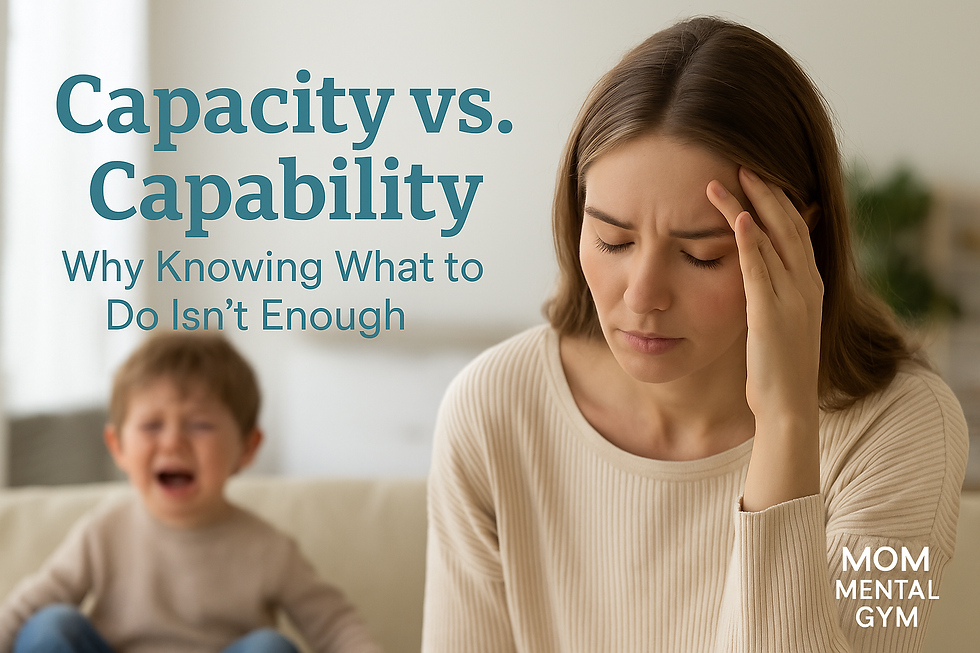5 Strategies to Manage Emotional Eating
- Oct 9, 2023
- 3 min read
Escaping the Pleasure Trap of Emotional Eating
We've all been there – a long, exhausting day at work, a heated argument with a loved one, or just a general feeling of emptiness. In these moments, many of us turn to one reliable source of comfort: food. That extra slice of pizza or a pint of ice cream can momentarily make everything feel better. But what if we told you that there's another path to true joy, one that doesn't involve relying on food for emotional relief? Welcome to the journey of shedding the illusion of pleasure in food and discovering authentic happiness.

The Illusion of Pleasure
Before we delve into the path to true joy, let's talk about the illusion of pleasure that food often provides. Emotional eating, as we know it, tricks our brains into believing that we've accomplished something extraordinary. However, it often leaves us feeling unsatisfied and trapped in a cycle of guilt. It's like a temporary escape from the tumultuous sea of emotions. But the question we should be asking is: does emotional eating genuinely bring happiness, or is our mind just tricking us?
Understanding Emotional Eating
Emotional eating is a common response to negative emotions, such as sadness, loneliness, or stress. It's like using food as a crutch to navigate the ups and downs of life. But here's the catch: relying on external sources like food to find comfort often leads to a cycle of temporary relief followed by guilt and dissatisfaction.
The Benefits of Processing Emotions
Now, let's explore the alternative path: emotion processing. Rather than seeking comfort in food, you confront your emotions head-on. This approach offers a myriad of benefits:
Avoid Health Issues and Weight Gain: Emotional eating can lead to health problems and unwanted weight gain. By addressing emotions, you safeguard your physical well-being.
Uncover Primary Emotions: Processing emotions helps you understand your core feelings better. It's like peeling back the layers to reveal your true self.
Reduce Needless Suffering: Avoiding emotions only prolongs suffering. Emotion processing allows you to confront and alleviate emotional pain, leading to a more peaceful state of mind.
Create Space for Reflection: Emotion processing provides the mental space to delve into the underlying causes of negative emotions. It allows for self-reflection and personal growth.
Find Effective Solutions: When you process emotions, you're more likely to find practical solutions to real problems. It enables you to address the source of your emotional distress and work towards resolving it.
5 Strategies for Managing Emotional Eating
Transitioning from emotional eating to emotional processing isn't always easy, but it's incredibly rewarding. Here are some strategies to help you along the way:
Recognize Your Emotions: Use a hunger and emotion scale to identify why you're eating. Ask yourself if you're physically hungry, acting out of habit, or trying to avoid an emotion.
Normalize Your Urge to Eat: Understand that your brain is wired to protect you from negative emotions. Accept your emotional eating urges with compassion and grace.
Develop a Better Relationship with Yourself: Treat yourself kindly, practice self-compassion, and be patient with your emotional journey. Cultivate self-love as an alternative to shame.
Connect with Your Body: Learn to recognize the physical sensations associated with emotions. This heightened awareness will help you become more attuned to your emotional needs.
Practice Feeling Emotions and Learn from Them: Embrace the process of feeling your emotions, and with practice, it becomes more manageable. Discover the benefits of feeling your emotions rather than resorting to eating, and commit to this practice to manage emotional eating effectively.
In conclusion, the path to finding true joy involves shedding the illusion of pleasure in food and embracing emotion processing. By doing so, you'll discover that happiness can be found not in spite of your emotions but because of them. It's a journey towards authentic living, where you cultivate a healthier relationship with both your emotions and your approach to food. The result? A life filled with genuine joy, unburdened by the illusion of temporary food-related comforts.
If you would like a free copy of my hunger and emotion scale to identify why you're eating, comment "emotion scale" below or click HERE and type in the comments "emotion scale."



Comments